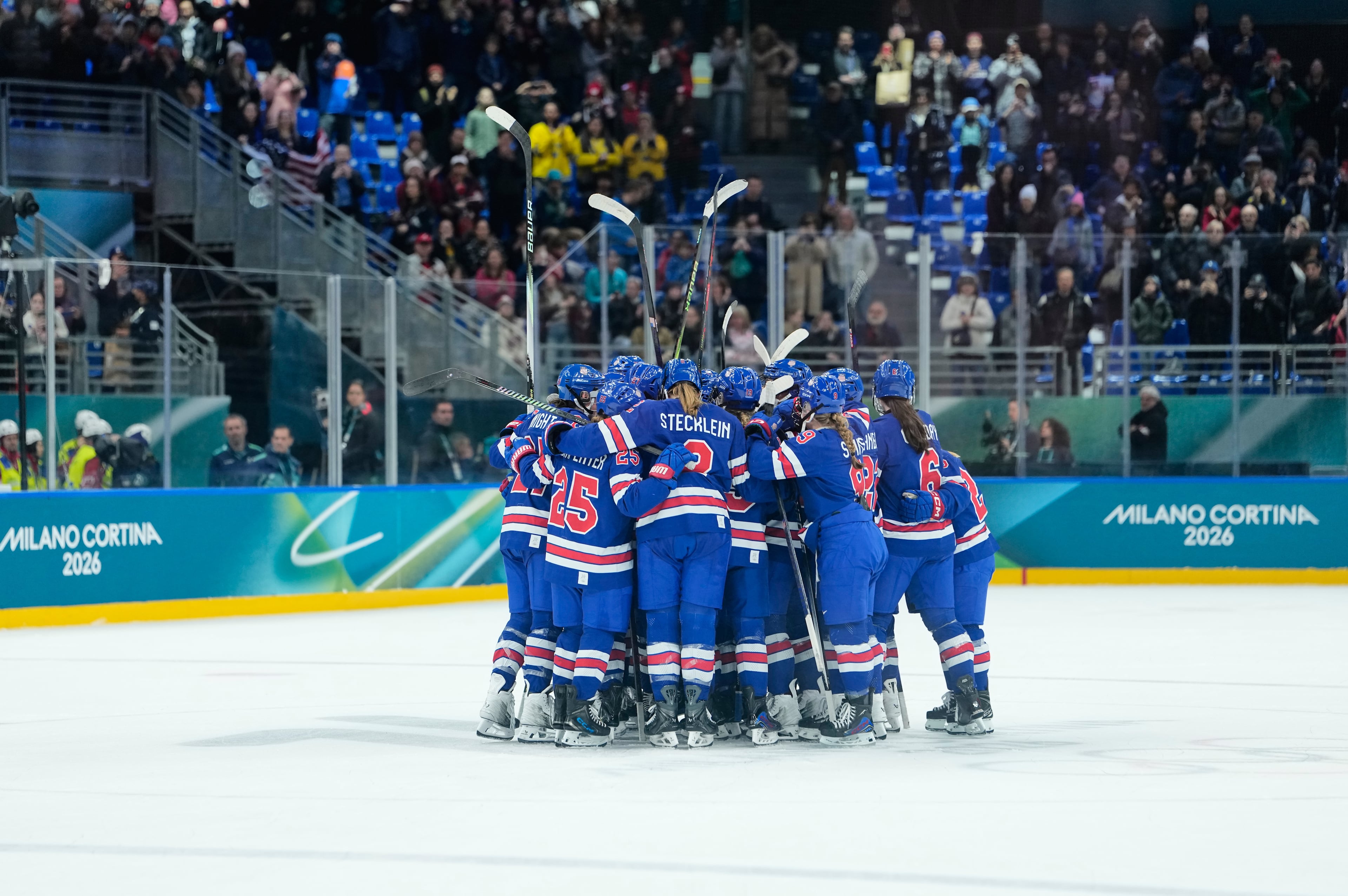After resurgence, Ga. Southern seeks national title
For most football programs, surging within one game of playing for the national championship would be considered a high mark.
In Statesboro, where Georgia Southern’s football tradition runs deep, the program’s return to prominence in 2010 just means they want more.
“They are not interested in seeing you play average football,” coach Jeff Monken said of his program’s fans. “They want to see you play for championships around here. It’s what they are used to. It’s what they expect. And they should. We expect the same thing.”
After some relatively lackluster seasons in Statesboro, the program was rejuvenated in Monken’s first season as head coach. The Eagles qualified for the FCS (formerly Division I-AA) playoffs for the first time since 2005 and won in the postseason for the first time since 2002.
The run finally ended with a loss at Delaware in the FCS semifinals and a 10-5 record. That made it just a pretty good season by the program’s standards, which include eight Southern Conference championships, six national titles and two national runner-up finishes.
The Eagles will open the 30th season of their modern era with all but one starter back from last season. The goal is a seventh national championship.
“I feel like it is,” Eagles defensive tackle Brent Russell said. “The whole town lets you know what the expectations are because of Erk Russell and what he did.”
Russell, who died in 2006, is the architect of Georgia Southern’s modern era of football. He was the defensive coordinator at Georgia under Vince Dooley when he decided to branch out to coach Georgia Southern.
The program had been dormant since World War II. Russell immediately energized it by winning the 1985 national championship in his fourth season overall and the second year of varsity football for the program.
That quick success, plus Russell’s big personality, set the stage for high expectations in Statesboro.
“No one could have done what Erk did — no one, nowhere,” Monken said. “He was the perfect fit, the right guy with the right program at the right time. What he did and the way he rallied the community together, it was just amazing.
“We benefit from that every single day. He had a remarkable personality and left such a legacy that people still talk about him with such reverence and love.”
Russell retired after posting a 15-0 record and winning his third national title in 1989. He finished with an 83-22-1 record and set a lofty standard for his successors.
Tim Stowers won a national championship the next season, but couldn’t make it past the playoff quarterfinals in two more postseason appearances. Since Paul Johnson and superlative running back Adrian Peterson won back-to-back national championships in 1999 and 2000, the Eagles have been as far as the NCAA semifinals only three times.
That’s not good enough for a program that became accustomed to winning at the beginning under Russell.
“It’s a great tradition,” Eagles offensive tackle Bret Moore said. “We’ve got a lot of support here even at the practices. Everybody is showing their love. You can feel it in the stadium. There is nothing like that 12th man in Paulson [Stadium].”
The Eagles recaptured that excitement last season with Monken, who was an assistant under Johnson at Georgia Southern, Navy and Georgia Tech. The Eagles averaged a record 19,110 spectators at Paulson Stadium and also enjoyed strong support at road games.
Monken reinstated the Eagles’ triple-option offense, and the Eagles averaged 261 rushing yards per game, fourth best in FCS. They recovered from a 4-4 start and won six consecutive games before their turnover-marred defeat at Delaware.
After a season under Monken and with so many key players back, there’s a lot of anticipation for even better success for the Eagles, who are ranked No. 6 or higher in three national preseason polls.
“We are embracing that challenge,” quarterback Jaybo Shaw said. “We have our hands full, and we realize that. We can’t take any off days or anything like that.”
It’s not likely that Monken will allow the Eagles to let up. Three players were asked to describe Monken’s coaching style, and all said: “Intense.”
Russell recalls how Monken made an impression in one of the first practices of camp last August when he noticed a running back going half-speed.
“Coach Monken took off after him,” Russell said. “The running back is running for his life, and coach went all the way down the field to make sure he finished his drill. That’s what he expects.”
Monken said he and his staff are pushing the players to be their best. The players said they embrace the prodding because they feel an obligation to maintain the standards of Georgia Southern football.
Already this Eagles group has earned acclaim for delivering the kind of playoff run that used to be the norm. The turning point of the season was a comeback victory over then-No. 1 Appalachian State, the first of six consecutive victories until the season-ending loss.
Now the Eagles see a chance to join the program’s national-championship teams.
“[The players] want to be a part of that tradition of so many great teams,” Monken said. “They want to carry on that legacy. They don’t want to be a team that is just pretty good; they want to be remembered as great team. You can see that attitude in them, and that’s what you want as a coach. You want to see a team that is hungry and wants to win.”


